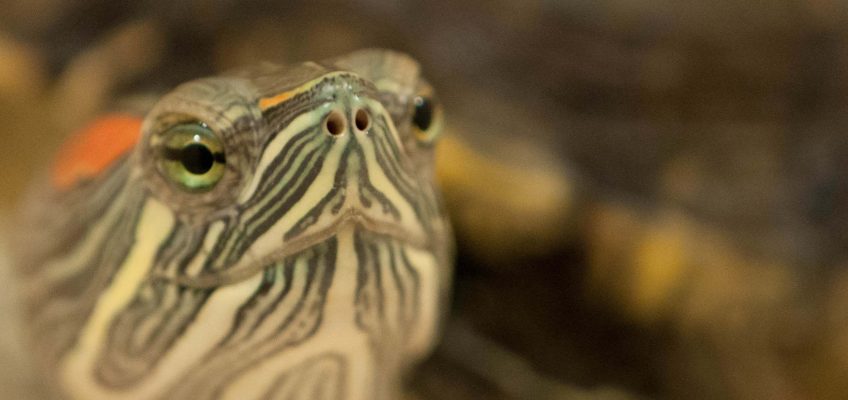We started this blog one year ago, because it seemed like a promising way to bring attention to our book, Cooperative Wisdom: Bringing People Together When Things Fall Apart. Now, it’s time to reappraise our efforts. Most blogs are not sustainable. Almost ten years ago, Technorati estimated that 95% are abandoned, a statistic that went viral after it was quoted in a New York Times article titled Blogs Falling in an Empty Forest.
Today there are elegiac essays and poems about orphaned blogs. Some people have figured out how to make money buying URL’s for blogs that are no longer being tended, and there’s even a blog about abandoned blogs. Ironically, its last entry is July, 2015.
So here’s the question we face: Can we have a sustainable blog? To find the answer, we turned to our own book. Cooperative Wisdom lays out five principles that make social systems more sustainable despite change and conflict. What do those five principles tell us about our effort to blog?
Start with Proactive Compassion. What harms are we trying to avoid? We wrote Cooperative Wisdom because good people so often find themselves in conflict. We believe people can be spared much of the distress of conflict if they understand and master practices that restore cooperation. Those principles are outlined in the book, and the blog is one way to bring ongoing attention to the book. Of course, we are also vulnerable. We put eight years into trying to get these ideas on paper, and a book that isn’t actively promoted disappears into oblivion.
So we turn to Deep Discernment. What really matters both to us and to our prospective audience? For us, the ideas we developed in Cooperative Wisdom have become core principles that infuse every part of our lives. Like all ideas, they are evolving, and the blog has become a kind of workshop where we can explore how they might be applied to new circumstances.
We also have to think about what matters to the people who are our prospective readers. Like everyone in an information-saturated culture, they are overwhelmed by voices clamoring for their attention. If we ask for their time, we need to deliver something that will actually help them think constructively about conflicts they encounter in their lives.
So now it’s time for Intentional Imagination. What resources are available to us? How can we configure them in a way that honors the values we have identified? The supply of ideas may be limitless but those ideas need to be curated and that takes time, attention and even inspiration. How can we find more of those? Are there potential partners, people who are practicing or writing about Cooperative Wisdom without calling it that? What if we could draw them into this conversation?
And that leads us to Inclusive Integrity. What kind of infrastructure can we create that will allow us to continue blogging without burning out? Our original hypothesis was that we should post at least once a week. That’s pretty standard advice from the how-to-run-a-blog folks. But because of our commitments to other important cooperative ventures (including our families and communities), that pace isn’t sustainable.
As it turns out, others have struggled with this question too. In fact, there is an entire movement called “Slow Blogging.” It, too, has been chronicled in the New York Times in an article titled, Blogging at a Snail’s Pace. Its principles were first laid out by Todd Sieling in a Manifesto that begins, “Slow Blogging is a rejection of immediacy. It is an affirmation that not all things worth reading are written quickly, and that many thoughts are best served after being fully baked and worded in an even temperament.”
This philosophy was being articulated in 2008, around the time that we decided to write Cooperative Wisdom. The fact that it took us ten years to connect with it pretty much confirms that we belong in the slow blog movement. And so we form a new hypothesis about how to make this cooperative effort work. We will do the best thinking and writing that we can do, regardless of how much time it takes. We will post our efforts, in the hope that they will resonate with readers and they, in turn, will share what we have written.
And now we come to Creative Courage. There is the risk that we are mistaken. We may pour time and effort into blogging, only to discover that no one reads, much less likes, what we’ve written. We may trip into topics that infuriate particular groups of people. We may discover that writing a blog has nothing whatsoever to do with selling a book.
And yet, we are convinced of the value of Cooperative Wisdom. We see that people are demoralized by conflict, and we believe our tools will help them restore cooperation. Maybe a year from now, we will reevaluate this hypothesis and decide that blogging is not the best way to share these ideas. For now, however, we adopt the turtle as our mascot. Our blogging may be slow but it will be steady. We will collaborate in an effort to share ideas that are developed to the best of our abilities, in writing that is as polished as we can make it. In short, we will practice Cooperative Wisdom as well as preach it.
If you want to apply Cooperative Wisdom to a problem you are facing, you can purchase book at:
Photo by Jessie Zamichow


Amy Marie Orozco
This is fabulous! I’m going to be a copycat and be a slow blogger. I’ll be sure to give Cooperative Wisdom due credit in my next blog post … no matter when I get around to writing it. Talk about a weight being lifted off my shoulders … thanks so much.
By the way, not only did I enjoy reading Cooperative Wisdom, I found it very helpful and insightful. Keep up the good work.